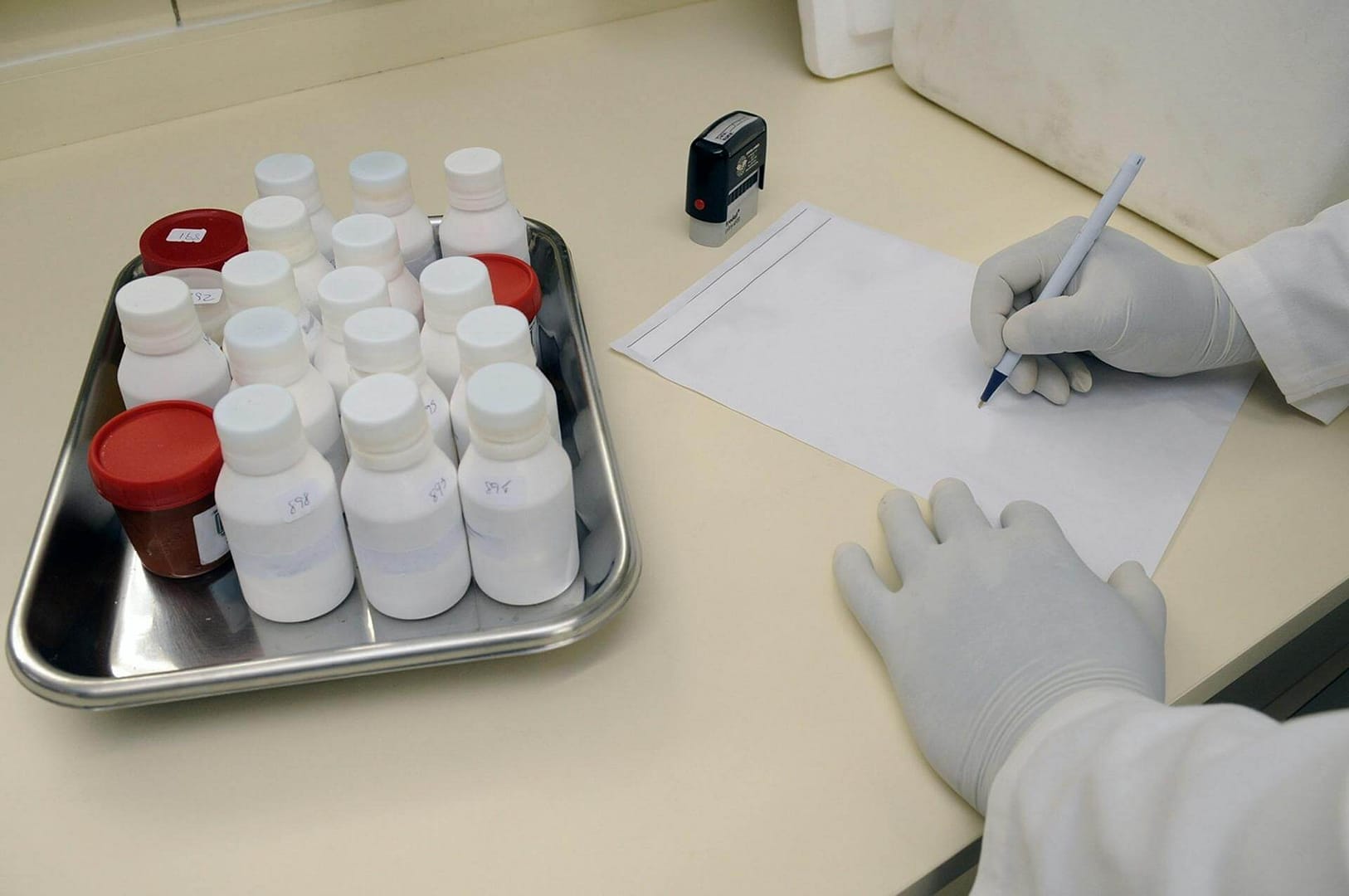Blood infections, also known as sepsis or septicemia, are a potentially life-threatening condition that can arise when bacteria enter your bloodstream. While anyone can develop a blood infection, they pose a particular risk in the UK, where they’re a leading cause of hospital admissions and critical illness. In this article, we’ll dive into the world of blood infections in the UK, uncovering what they are, who’s at risk, how to spot them, treatment options, and the possibility of making a claim if medical negligence played a role.
What is Sepsis?
Let’s break down the basics. Your body has a brilliant defense system called the immune system. When it senses an invader, like bacteria from an infection, it throws a protective response called inflammation. Sometimes, this defensive response can go into overdrive, becoming a full-blown battle throughout your body instead of just at the infection site. When this happens, it’s called sepsis – your body is essentially fighting itself.
Sepsis disrupts your blood flow, potentially damaging your organs and causing them to fail. It sounds scary, and it can be! That’s why knowing about blood infections in the UK is important—awareness allows for quicker action, which can save lives.
Who’s at risk of blood infections?
While anyone can develop sepsis, certain populations in the UK are at a higher risk:
- Very young children: Babies, particularly newborns, have developing immune systems.
- The elderly: Our immune systems naturally weaken as we age.
- People with chronic conditions: Illnesses like diabetes, kidney or liver disease, and cancer can impair immune function.
- Those with weakened immune systems: This includes those on medications like chemotherapy or steroids, and people who’ve had organ transplants.
- Individuals who have recently had surgery or an invasive procedure.
Warning signs of sepsis: What to look for
Recognizing the symptoms of sepsis is crucial – prompt treatment can mean the difference between recovery and severe consequences. Keep a watchful eye out for these potential signs of blood infection in the UK:
- Fever or chills: A very high temperature or feeling unusually cold and shivery.
- Changes in mental state: Confusion, disorientation, or slurred speech.
- Fast breathing or difficulty breathing.
- Rapid heart rate.
- Skin changes: Skin may look mottled, bluish, pale, or have a rash that doesn’t fade when you press a glass against it.
- Extreme pain or discomfort.
It’s important to note that not everyone experiences all of these symptoms. If you or someone you know has a combination of these, it’s essential to seek emergency medical help immediately.
Treating blood infections in the UK
Fast treatment of sepsis in the UK is absolutely vital for the best chance of recovery. Upon arrival at the hospital, doctors will act swiftly to combat the infection and support your body’s vital functions. The first line of defense is typically antibiotics, administered immediately through an IV to fight the bacteria causing the infection. You’ll also likely receive IV fluids to combat dehydration that often accompanies sepsis. If your breathing is affected, you might receive oxygen therapy to ensure your body has the oxygen it needs.
In severe cases where blood pressure drops dangerously low, medications may be needed to support your circulation. For critical cases of sepsis, additional interventions like dialysis for kidney failure or mechanical ventilation to aid breathing might be necessary.
Making a Medical Negligence Claim with National Claims
At National Claims, we understand that medical errors can have devastating consequences, both physically and emotionally. If you believe that you or a loved one has suffered due to a blood infection that developed because of medical negligence, we are here to help you pursue the compensation you deserve.
Free Consultation
Let’s begin by discussing your situation in a free consultation. We’ll carefully listen to the details of your experience and advise you on whether it seems you have a valid medical negligence claim. Understanding the unique circumstances of your case is the first step towards getting the answers you seek.
*No Win, No Fee
Financial worry shouldn’t prevent you from fighting for justice. We operate on a “No Win, No Fee” basis, so you won’t pay any upfront legal fees. If your case is successful, our fees are then taken as a percentage of your compensation, ensuring you receive the majority of the settlement you deserve.
*Customers pay up to 25% (incl. VAT) of the amount recovered towards solicitor costs and if you cancel outside your cooling off period, you may be charged a fee.
Conclusion
Blood infections in the UK are a serious but treatable health threat. By increasing awareness of their symptoms and risk factors, we can empower ourselves to take action when necessary. Remember, if you suspect sepsis, don’t hesitate – act fast, as early intervention is crucial. And if you feel that medical negligence has played a role in the harm caused by a blood infection, don’t let fear stop you – reach out to an experienced legal team like National Claims to discuss your options.
Contact us today to speak to one of our claims agents who will be able to help you get started on your claim.
Click below to see why we are one of the most trusted claims management companies in the UK.

We’re proud of our excellent customer reviews
We thrive on delivering exceptional service and ensuring our clients’ satisfaction. Don’t just take our word for it. Check out some of our independent reviews to see what our clients have to say.
Excellent

This firm is excellent, they sorted out my car pay out and injury claim very fast, they always communicate with you all the time.

My accident case was dealt with confidence and with great result of the outcome, especially James kept me informed all the time.

I was very impressed at the way my inquiry was treated. I was listened to attentively and everything I needed to know was explained to me.






